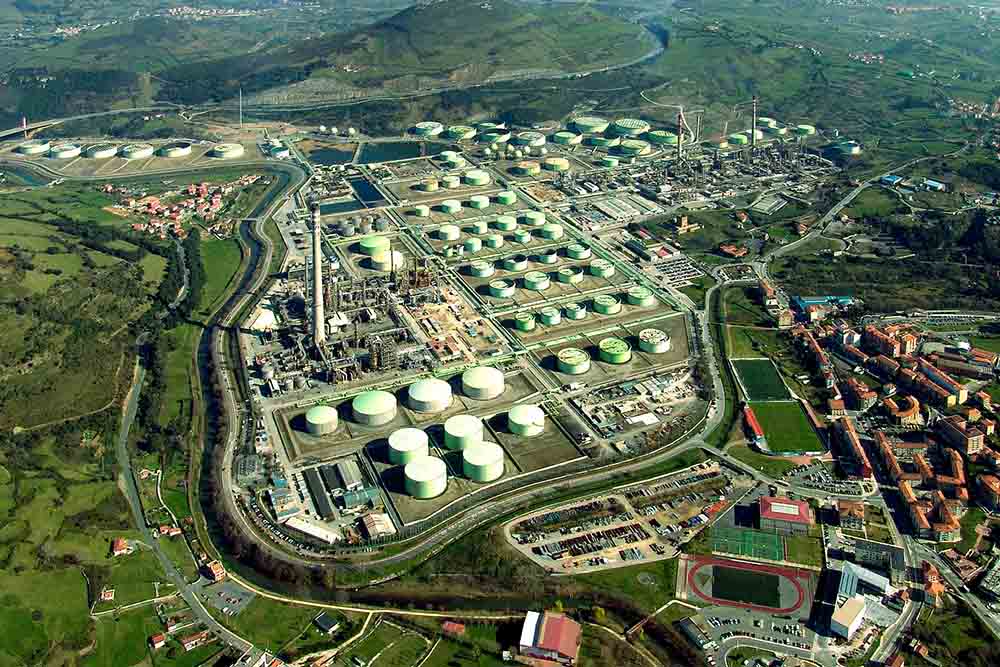What does the Fourth Industrial Revolution consist of and how did it come about?
What does the Fourth Industrial Revolution consist of and how did it come about?
We find ourselves at the start of the Fourth Industrial Revolution, also known as Industry 4.0, a term that was coined in 2011 by economist Klaus Schwab, founder of the World Economic Forum. This concept defines computerized manufacturing, which combines advanced production techniques with smart technologies that will be integrated into organizations and people’s lives.
To understand the changes of this fourth revolution, let’s first summarize the three previous ones:

First Industrial Revolution
First Industrial Revolution
It started in the 18th century and was characterized by the use of the steam engine and new materials as energy sources, such as coal. Thanks to these advances, the economy shifted from an agriculture-based to an industry-based economy.

Second Industrial Revolution
Second Industrial Revolution
Later, at the end of the 19th century, with the appearance of automated machines, a new economic and commercial order emerged, the Second Industrial Revolution. This period was marked by the development of industries and the appearance of new energy sources such as electricity and oil.

Third Industrial Revolution
Third Industrial Revolution
The Third Industrial Revolution emerged In the mid-1940s with the so-called "Information Society". Internet communication technology and renewable energy sources in the 21st century led to major innovations, such as the smart distribution grid and the emergence of hybrid cars.

Fourth Industrial Revolution
Fourth Industrial Revolution
Currently, with the implementation of technology in companies, we are experiencing the start of the Fourth Industrial Revolution. The digitalization of industry and services is being applied to all areas, building agile and collaborative companies that improve their products and services aimed at a digitally-driven public.




